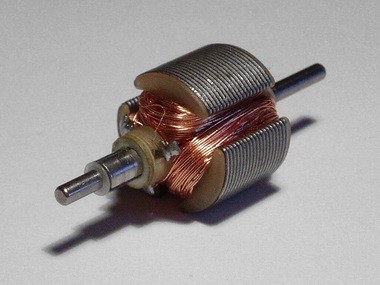When I was in Fana'Briques in 2008, there was a speed record competition for TGV-themed train. The setup used a section of custom-made straight track (aluminium rails if I remember correctly) and was powered by a custom transformer which could deliver higher voltages than the standard LEGO ones.
As ar as I recall, they went up to above 30v, and there seemed to be more damage to bricks (one train did derail dramatically, and pieces flew everywhere) than to motors.
Is it safe to overload LEGO train motors that way? I assume 30v is pushing it too far, but what could be considered a safe limit that motors can endure for an extended period of time?
I'm speaking of regular 9V motors, but answers for other LEGO motors can be interesting too. I know Philo pushed them to 12v when testing their efficiency, but with a big warning that he couldn't guarantee the motors would tolerate it for a longer period.
